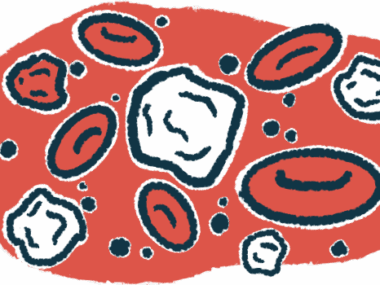Helpline introduced for patients living with myasthenia gravis
Counselors staff MG foundation's new phone support and assistance program
Written by |

The Myasthenia Gravis Foundation of America (MGFA) is introducing a helpline to assist those living with myasthenia gravis (MG) and their caregivers understand and cope with the autoimmune neuromuscular disorder.
The helpline — 1-833-647-8764 (1-833-MGSTRNG) — is initially open from 9 a.m. to 8 p.m. EST Monday through Friday, with the possibility of expanded hours over the next several months. It is staffed with certified counselors who can answer questions about life with MG, provide emotional health support, and offer resources and wellness strategies to help with disease management. No medical guidance is provided, however.
“Whether you are newly diagnosed with MG or have been living with the disease for some time, you’re likely to have questions about MG management from time to time,” the foundation states on its helpline webpage. “Having a reliable source of information is vital, which is why the MGFA is excited about offering our MGFA Helpline.”
Resources, support, and information
In the U.S. alone, more than 70,000 people are thought to live with MG, which is characterized by fatigue and weakness that can affect any muscles involved in the body’s voluntary movements. The more those muscles are used in day-to-day activities, the weaker they become until the patient can rest.
While every MG journey is different, the most common symptoms, beyond weakness in the arms and legs, include blurred vision, droopy eyelids, and slurred speech. Basic functions, such as chewing, swallowing, and walking, may become challenging. The disorder is most common in adults, but it can affect people of any age.
Counselors for the new helpline can provide information and resources about finding a local neuromuscular specialist, MG support, treatment information, emergency or general management assistance, and more. They are also available for those who simply need someone to listen to them.
“People often call the MGFA looking for resources,” Samantha Masterson, MGFA’s president and CEO, states on the webpage. “The new MGFA Helpline will ensure we’re ready to answer these questions in a very comprehensive and thoughtful way.”
The foundation is requesting that those who use the helpline share their feedback by sending an email to [email protected]. Patients, family members, and caregivers may still call the organization’s main phone number, 1-800-541-5454, from 9 a.m. to 4 p.m. EST to ask questions about an MGFA program, get involved, or make a donation.
The organization mentioned plans for the patient resource in April at its National Patient Conference while highlighting new information and programs to help those with MG.
The MGFA is the largest patient advocacy organization that seeks to find a cure and additional treatments for MG while otherwise improving patients’ lives.




Leave a comment
Fill in the required fields to post. Your email address will not be published.